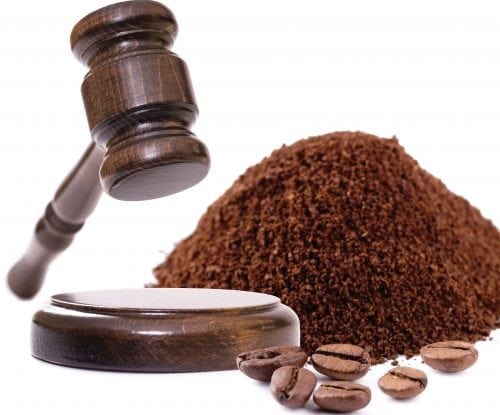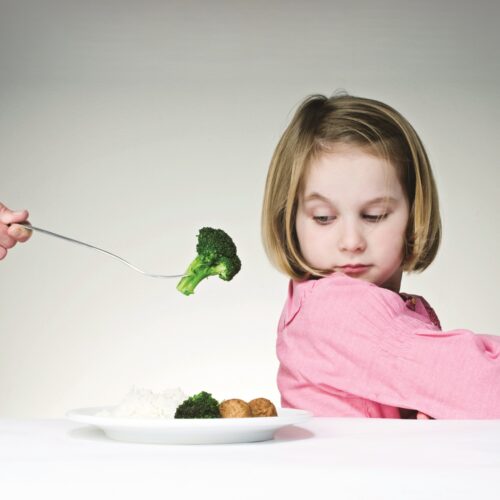
If you feared your regular coffee could be affecting your waistline, blood pressure or even life expectancy, you will be glad to learn the case for the defence is surprisingly robust.
Have you ever thought that maybe the number of coffees you drink in a day may be affecting your good health? Many people believe coffee is bad for them. But while there’s nothing wrong with cutting out coffee to test our willpower or save money, if we drink coffee in moderation, will doing so really improve our health?
Coffee is dehydrating
Verdict: Not guilty
It takes very high doses of caffeine — close to 1g — for any diuretic effect, ie. to cause you to pass a lot more urine (which in turn may leave you feeling dehydrated). The average cup of coffee, however, has only 80-100mg caffeine. Even larger coffee-shop drinks only contain about 300mg, which is a fair whack but not enough to have a diuretic effect.
Coffee raises blood pressure
Verdict: Not guilty
People worry about caffeine being a stimulant and the effect that may have on their blood pressure. But any rise in blood pressure from having a cup of coffee is only a temporary thing — such as that which you would experience after running up stairs. This isn’t the same as having unhealthy elevated blood pressure. Drinking coffee has only a small effect on blood pressure, so cutting it out will not lower blood pressure. Other dietary factors, such as the amount of salt or vegetables or fruit we eat, are more likely to have an effect so getting these right is a greater priority.
Coffee keeps you up at night
Verdict: Hung jury
It takes about five to seven hours, on average, to eliminate half of the caffeine you consume from your body. After eight to 10 hours, 75 per cent of the caffeine is gone. For most people, drinking coffee in the morning won’t interfere with sleep at night but drinking coffee later in the day has the potential to affect our sleep.
Some people are more sensitive to the stimulant effect of caffeine than others so it’s helpful to develop an awareness of how caffeine affects us personally and to moderate our intake accordingly.
Coffee increases risk of cancer
Verdict: Hung jury
In California, coffee shops have to display a warning sign declaring coffee contains acrylamide — a chemical that can cause health problems in people who have been exposed to very high levels of it through industrial use. It’s unclear, however, whether acrylamide in food poses any risk. Toxicology studies have shown acrylamide can cause cancer in rodents but only at levels typically 1,000 times higher than those that occur in our diets. So dietary exposure to acrylamide is a potential health concern but our main source is not coffee but potato products such as hot chips, roasted potatoes and potato chips.
“There’s still a lot we don’t know about the relationship between coffee and cancer,” says Dr Rachel Thompson, head of research interpretation at the World Cancer Research Fund (WCRF).
“But the 2007 WCRF report didn’t find any strong evidence linking coffee with any cancer. And, in a recent research review, we found women who consume more coffee actually appear to have a reduced risk of cancer of the womb.”
Coffee is damaging to the heart
Verdict: Not guilty
“This misunderstanding stems from small studies from the 1960s and 1970s that suggested there was an association between coffee drinking and various heart conditions,” says Roger Cook, science manager at the Institute for Scientific Information on Coffee (UK).
“Since then, however, more comprehensive studies have been conducted, which haven’t found a significant link between coffee consumption and heart conditions.”
Coffee is addictive
Verdict: Hung Jury
Studies using brain scans indicate coffee drinkers do not develop a physical dependence on caffeine. However, caffeine withdrawal is a condition recognised by the American Psychiatric Association. Suddenly giving up coffee can cause some people to experience mild headaches, reduced alertness and drowsiness.
Coffee is fattening
Verdict: Not guilty
The kilojoule and fat content of some coffee shop drinks may be through the roof but don’t let them give all cuppas a bad name. While super-sized, full-fat, flavoured options may also come with a sizeable amount of energy and fat, a black coffee is fat-free, sugar-free and provides just 25kJ in a 250ml cup.
Coffee benefits
Improves alertness and concentration
The European Food Safety Authority (EFSA) states 75mg caffeine increases both attention and alertness for about four hours.
A source of antioxidants
Coffee contains a high concentration of antioxidants, which protect cells from damage by free radicals.
Boosts workouts
The EFSA states as little as 3-4mg caffeine per kilo of body weight an hour before exercise increases endurance. For a 70kg person that’s around 210-280mg caffeine.
Reduces risk of
- Type 2 diabetes: A recent large study found drinking three or more cups of coffee a day was associated with a 37 per cent lower risk of type 2 diabetes when compared to people drinking just one cup a day. Other studies have also shown decaffeinated coffee is also protective.
- Alzheimer’s disease: A recent review found regular coffee drinking is linked to a lower risk of Alzheimer’s disease.
- Parkinson’s disease: Every 300mg increase in caffeine intake (around three cups) has been found to reduce the risk of Parkinson’s disease by 24-32 per cent.
- Liver cancer: Evidence suggests that as coffee consumption increases, the risk of liver cancer decreases.
Bottom line
Coffee drinking may be seen as a guilty pleasure but there is no reason to feel guilty for enjoying it. Scientific evidence shows drinking coffee in moderation (no more than about four to five cups a day) is safe and can be enjoyed as part of a healthy, balanced diet.
Women who are pregnant or breastfeeding are advised to have no more than 300mg caffeine a day — roughly equivalent to one large long black, or six cups of instant coffee. However, in some countries a lower amount (up to 200mg caffeine) is advised as safer.
www.healthyfood.com










